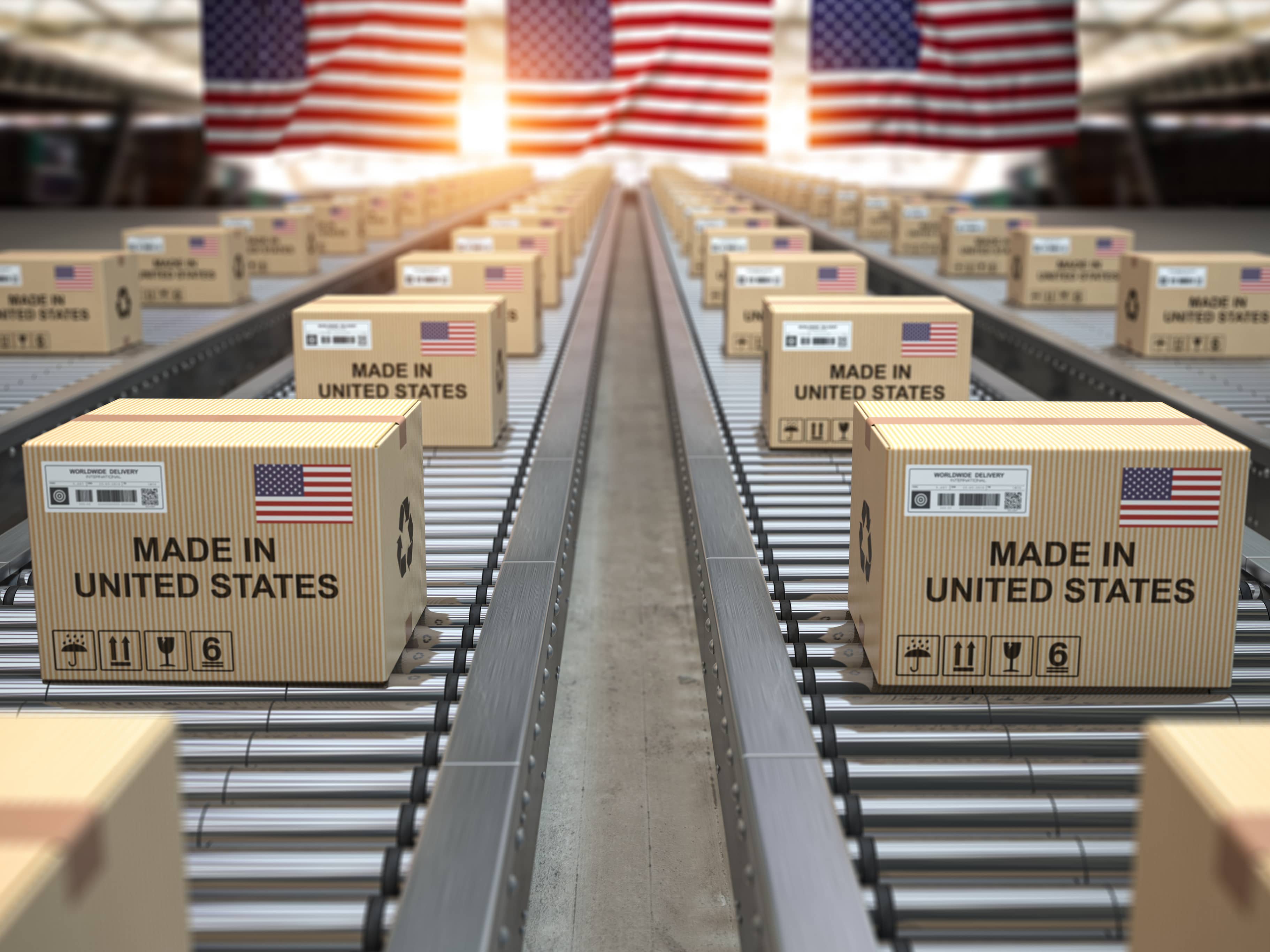
Unlocking the American-Made Advantage in Manufacturing
The preference for American-made products is far from a new trend. Driven by factors like strained supply chains and evolving customer priorities, many manufacturers are shifting from overseas suppliers to domestic production. However, higher labor and overhead costs can make some "homegrown" products more expensive than foreign alternatives. Will your buyers be deterred by the higher price?
Manufacturers and distributors should carefully evaluate whether a made-in-the-USA approach could appeal to their customers. Here are some key considerations to help you position your business effectively.
What Are the Rules of "Made in the USA" Products?
To claim a product is "Made in the USA," you must comply with strict regulations enacted by the Federal Trade Commission (FTC). Under these rules, final assembly must take place on U.S. soil and the majority of total manufacturing costs must be spent on U.S. parts and processing. Complex labeling standards may also apply if an American flag or map is used on packaging to imply the country of origin.
A company can make a qualified claim when a product is made in several countries, however. For example, it may specify the percentage of a product's domestic content or label a product as "assembled in the USA" instead.
Compliance with these rules is essential when starting new advertising programs or repackaging with a "made in the USA" label. False claims are likely to attract an FTC investigation, which could lead to enforcement actions and negative publicity. Violators also may need to modify packaging to comply with the FTC regulations, which can be another costly expenditure.
What Are the Benefits of Having a Product "Made in the USA"
Deciding to have your product "made in the USA" will undoubtedly benefit domestic manufacturing. Prepare by investing staff, inventory and equipment to meet increasing demand for domestic-made products. Remind your customers about the benefits of using domestic manufacturers. Here are just five benefits:
1. Less expensive and more reliable shipping. Tariffs and high shipping costs may make overseas production cost prohibitive. And volatile foreign political environments may prevent products from shipping on time, leading to production delays. The potential for supply disruption is unavoidable, however the margin of error shrinks dramatically when you aren’t reliant on products from overseas.
2. Domestic labor force. Many people feel patriotic when they support the U.S. economy and create jobs for American workers. They also want to know that factory workers aren't subjected to unsafe conditions, low wages or other forms of exploitation that the U.S. Department of Labor, state agencies and domestic labor unions protect against.
3. Limiting business risks. Intellectual property theft and devaluation of the U.S. dollar are just some of the risks companies face when they outsource production to other countries. Additionally, important instructions — such as product specifications or shipping terms — may be lost in translation when communicating with foreign suppliers.
4. Product safety. News stories about contaminated plastic and pet food products from China have led to recalls, illnesses and even deaths. Products made under the scrutiny of the U.S. Food and Drug Administration and Departments of Commerce and Agriculture are typically held to higher quality standards than many foreign-made products. Safer materials and products give manufacturers peace of mind that they're not exposing end-users to unsafe products — and themselves to liability claims.
5. Environmental effects. The U.S. Environmental Protection Agency also requires manufacturers to adhere to strict environmental standards that limit emissions and pollutants. Other countries, including China and India, are making huge carbon footprints today that will harm the environment for many years.
There’s No Time Like The Present
For manufacturers accustomed to overseas suppliers, deciding when—or if—to shift back to U.S.-based factories and suppliers can be a challenging choice. Should you make the move, consider launching a marketing campaign that highlights your products as American-made, appealing to both business and consumer audiences. Emphasize the unique benefits your products offer to stand out.
Take Liberty Tabletop, for example—the only flatware manufacturer in the USA. On its website, it highlights that its steel is “tested for lead and other toxic trace elements to ensure they are not present." Liberty Tabletop further notes, “When you choose us, you're choosing a company that believes in growing our national economy, providing career jobs, and preserving the craft of flatware manufacturing.” They also stress their commitment to ethical standards that many foreign manufacturers may not uphold, including avoiding child labor, prison labor, and unsafe working conditions.
For manufacturers considering U.S. production or reshoring, weighing the pros and cons is essential. While domestic manufacturing might not initially be the lowest-cost option, the added benefits of control and reduced risk could justify the investment. Consulting with your CPA can provide valuable insights to help you make an informed decision.



